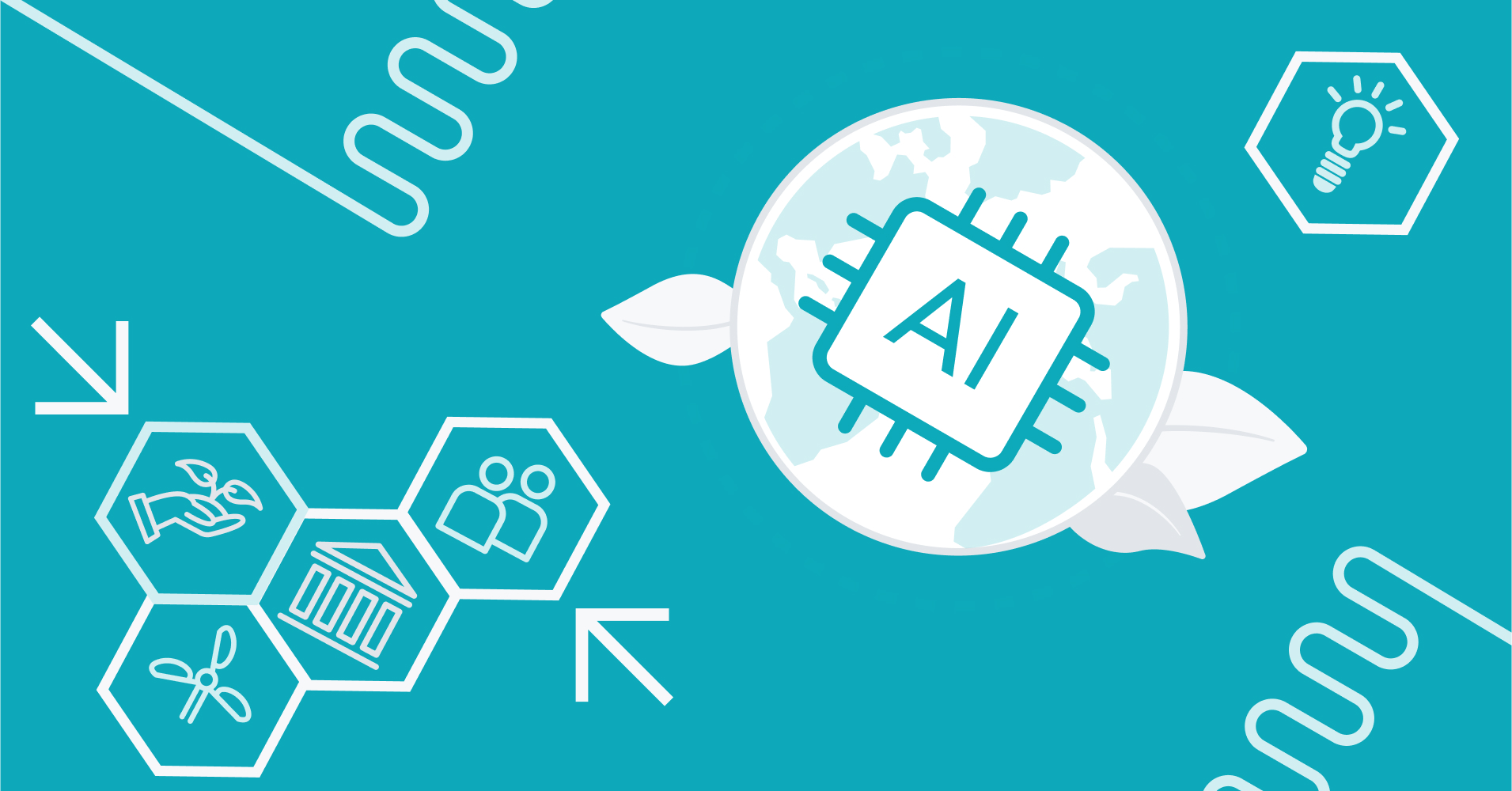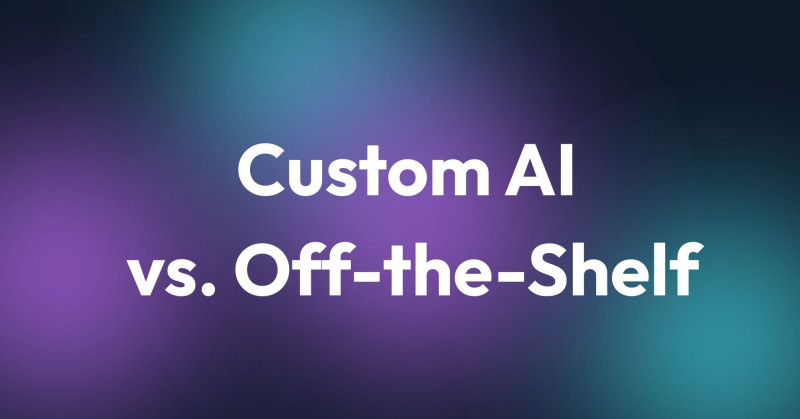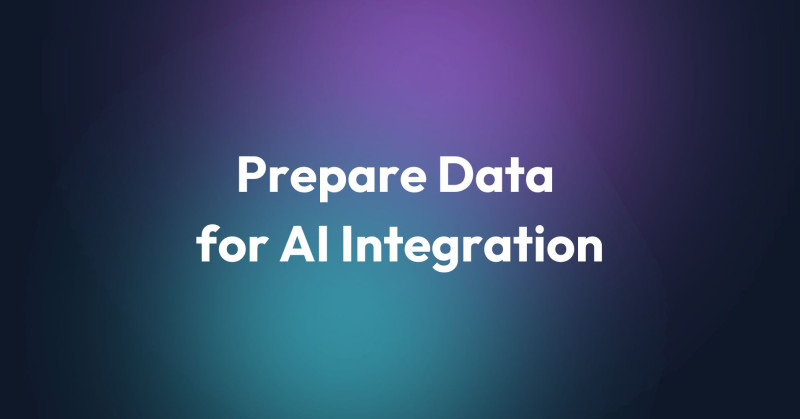Artificial Intelligence (AI) and Corporate Social Responsibility (CSR) are like two hands that help a business build a better future. Just like a farmer who plants seeds today for a good harvest tomorrow, companies are starting to understand how AI can be used to grow their CSR efforts. AI can make things faster, easier, and even help to solve problems that were difficult for humans alone.

What is Corporate Social Responsibility?
Corporate Social Responsibility (CSR) is the idea that businesses should not only focus on profits but also care about the world around them. This means that companies are responsible for their impact on the environment and society. CSR can include many actions, such as reducing pollution, improving working conditions, or supporting local communities. When businesses do this, they build trust with customers, employees, and the public.
When businesses align CSR with business ethics, they demonstrate a commitment to transparency, fairness, and long-term corporate responsibility. This involves ensuring that operations respect environmental limits and social well-being, fostering positive relationships with stakeholders, and improving supply chain sustainability.
Social and Environmental Factors in CSR
In Corporate Social Responsibility, companies focus on two key areas: social and environmental factors. Social factors deal with how a company treats people, both inside and outside the organization. This includes ensuring fair wages, respecting workers’ rights, and creating a healthy, safe working environment. A socially responsible company also invests in the communities where it operates, contributing to education, healthcare, or local infrastructure. It’s not just about what happens within the company’s walls, but how the business improves the quality of life for employees and the wider society.
On the environmental side, businesses must think about how their operations impact the planet. This goes beyond simply following regulations; it involves taking proactive steps to minimize harm to the environment. Are they reducing their carbon footprint? Are they moving toward renewable energy sources, cutting down on waste, and managing resources responsibly?
Environmental responsibility also extends to the supply chain, emphasizing the importance of sustainable sourcing. Companies need to ensure that their partners and suppliers also meet sustainable standards, from sourcing raw materials to delivering the final product.
Balancing both social and environmental factors is essential for a company to be seen as truly responsible. A business might excel in one area but fail in the other, which can harm its reputation. For example, a company that uses renewable energy but ignores workers' rights would still fall short of being fully responsible under CSR initiatives. The integration of AI in corporate social responsibility is transforming how businesses operate.
How to Enhance Transparency with AI?
One challenge that many companies face is showing the world that they are really doing what they promise. Businesses can claim to be sustainable or ethical, but without proof, it’s hard for people to trust them. AI can help open the doors to that kitchen by providing data and reports in real time, making everything more transparent and verifiable.
For example, AI can track a company’s carbon emissions and show stakeholders exactly how much pollution they’ve reduced over time. This isn’t just a one-time report but a constant flow of data that can be monitored and shared regularly. AI makes it possible to take a deep dive into every detail, from energy use in factories to the fuel consumption of delivery trucks. AI’s ability to gather and analyze large amounts of data ensures that no stone is left unturned, creating a clearer picture of the company’s environmental impact.
Read more: How AI Helps to Reduce Carbon Dioxide Emissions?
Beyond environmental factors, AI also plays a role in ensuring social responsibility by monitoring supply chains. With global supply chains being so complex, it’s hard to keep track of everything happening at every step. AI can help companies ensure that their suppliers are following ethical labor practices, such as paying fair wages and providing safe working conditions. By scanning contracts, invoices, and even factory conditions in real-time, AI helps companies identify any red flags and address issues immediately. It’s like having a pair of eyes in every part of the business, ensuring that what happens behind the scenes aligns with what is promised to the public.
AI Technologies that Enhance Transparency and Accountability
AI also strengthens transparency in terms of communication with customers and stakeholders. Automated systems can generate detailed, easy-to-understand sustainability reports that are available for anyone to review. These reports are more reliable because they are based on data gathered in real-time, making it harder for companies to hide behind vague claims or greenwashing. In this way, AI acts as a bridge of trust between businesses and their customers, making sure everything is as clear as a glass of water.
Sustainable Practices Are Becoming a New Standard
In Europe, sustainability is no longer just a good idea—it's becoming a legal requirement for corporate social responsibility. The European Union has introduced several directives, like the Corporate Sustainability Reporting Directive (CSRD), which are forcing companies to step up and comply with strict environmental, social, and governance (ESG) standards. It’s as if the EU is setting the rules for a new game of sustainability, and companies must learn to play by these rules if they want to succeed.
The CSRD, for example, requires businesses to be much more transparent about how they are impacting the planet and society. Before, companies might have shared some basic information about their CSR efforts, but now they must provide detailed reports on their sustainability practices. must provide detailed reports on everything from reducing carbon emissions to ensuring ethical labor practices. This is not just for big corporations—many smaller companies will also have to follow these new regulations on corporate social responsibility (CSR).
AI can be a big help for companies to meet these new requirements. With so much data to collect and report, it would be nearly impossible for humans alone to handle it all without the help of AI. AI can track real-time data on sustainability efforts, ensuring that businesses are always ready to comply with the latest regulations. For example, AI can automatically monitor energy use in factories or keep an eye on suppliers to ensure they follow ethical guidelines.
With these new EU directives, companies that don’t adapt might face penalties or lose trust with customers. So, it's no longer a choice to engage in sustainable practices—it's a must. And with AI on their side, businesses can not only meet these challenges but also find smarter ways to become leaders in sustainability.
Integration of AI into CSR Strategies
To make CSR truly effective, businesses need to integrate AI into their strategies. This is not just about using AI here and there, but about weaving it into the entire framework, just like every brick in a house works together to keep it standing. AI can help companies predict future risks, streamline supply chains, and even create more personalized products that meet consumers' ethical demands. It’s about building a strong foundation for long-term success, where technology and responsibility walk hand in hand.
Application of AI in Real Life Example
ESG with AI project is specifically designed to support companies in meeting the requirements of the Corporate Sustainability Reporting Directive (CSRD). With new regulations making it mandatory for many companies to submit detailed sustainability reports, this chatbot offers a streamlined way to reduce the risk of mistakes, ensure compliance, and improve transparency.
The ESG chatbot interacts with users to gather essential information, checking that their reports meet CSRD guidelines. Whether a company is creating a new report or verifying the compliance of an existing one, the chatbot offers step-by-step guidance. It can also assist with more complex challenges, such as assessing indirect environmental impacts or refining long-term sustainability strategies. By providing clear and efficient assistance, the tool helps companies avoid costly penalties and ensures that their sustainability efforts are properly documented.
The Role of AI in Corporate Social Responsibility
In conclusion, AI is changing the way companies think about CSR. By making processes more transparent, helping businesses follow sustainable practices, and integrating AI into long-term strategies, companies can be both profitable and responsible. It’s like planting the seeds of today’s technology to harvest the fruits of a better tomorrow.





















